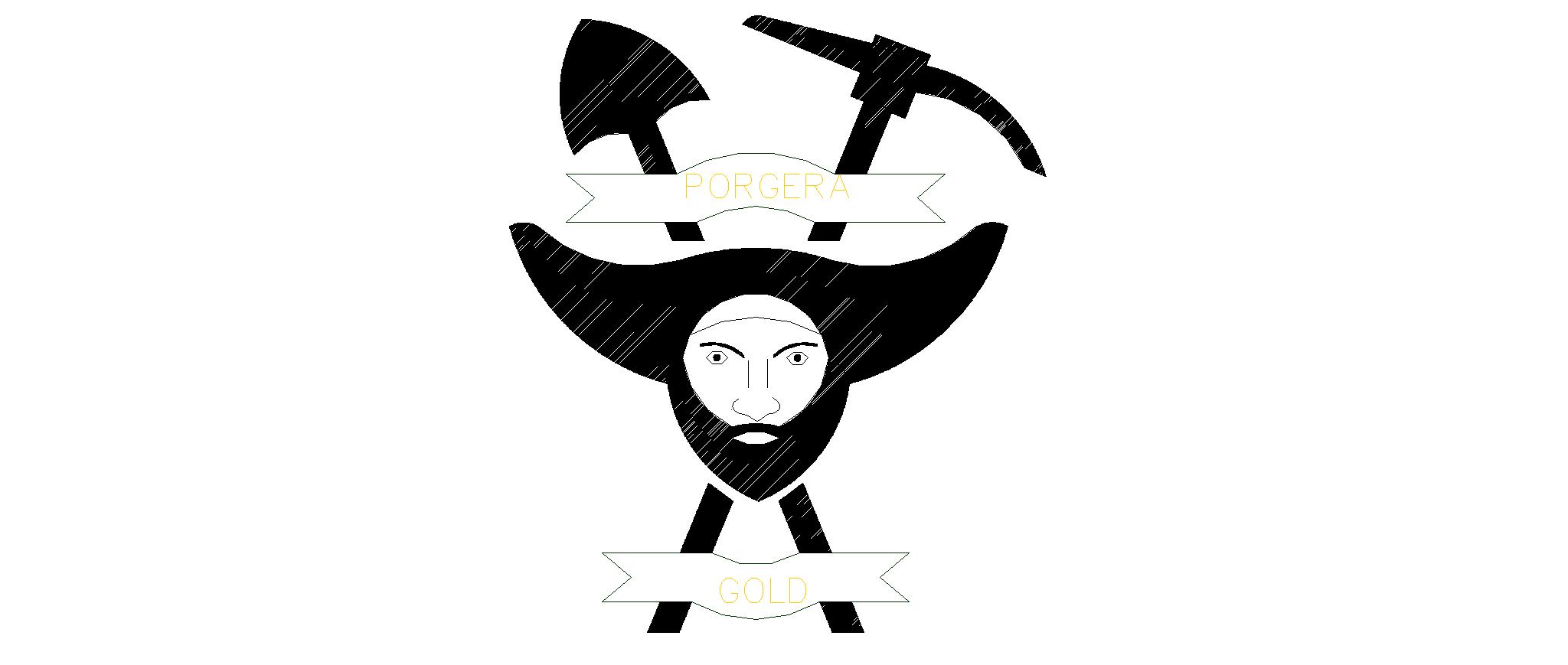Statement at United Nations Permanent Forum on Indigenous Issues
Agenda Item 4: Pacific/Human Rights
on behalf of Akali Tange Association Inc. Porgera Enga Province, Papua New Guinea in a joint intervention with:
- Lake Cowal Mooka and Kalara United Families within the Wiradjuri Nation,
- Murray Darling Basin, Central new South Wales, Australia
- Western Shoshone Defence Project, Nevada, USA
- Laura Calm Wind, Kitchenuhmay Koosib Inninuwug, Canada
- Indigenous Peoples Links
- Centre for Organization Research and Education (CORE)
- Land is Life, Indigenous Environment Network (IEN)
Madam Chair, ours is a clash of civilizations. Propelled largely by state services, the Engan and Huli people have shot from the so-called Stone Age, an age of true sustainability, to the space age in one generation, with stunning results for some. Tribesmen, who in their youth wore grass aprons and sported fantastical wings studded with bird of paradise feathers, now have health care and modern homes. But others are reeling from the impact of cash-for-land deals that have turned their traditions upside-down and their ancestral home into an industrial moonscape patrolled by guards and police, including one of PNG”™s notorious “Mobile Units”, renowned for savages human rights abuses, including killings. The Pogera Mine Death and Injury case [ Shooting Fields of Porgera Joint Venture, Papua New Guinea, 2005, by Jethro Tulin] is a textbook case of what can go wrong when large-scale mining confronts Indigenous Peoples, ignoring the impacts of its projects and resorting to goon squads when people rebel against it. This outrages the conscience of local Indigenous communities, especially when the mine is right next to our homes; my people are exposed to dangerous chemicals like cyanide and mercury; some of our people drown in the tailings and waste during floods; and fishing stocks, flora and fauna are depleted down the river systems, leading to indigenous food sources being threatened.
To date, it has been primarily the responsibility of the PNG government to ensure that the PNG mines do not violate Indigenous Peoples”™ rights. This reflects the power historically wielded by the state, both individually and collectively through institutions like the UN. However, the increasing global power and influence of trans-national companies like the Canadian Barrick Gold, managers of the Pogera mine means that they, alongside the PNG government, must be responsible for upholding human rights within their spheres of influence.
In his opening statement for this 7th Permanent Forum, the Bolivian President, Evo Morales, drew a focus to how democracy and capitalism have destroyed traditional values and cultures of Indigenous communities around the world.
The UN Universal Declaration of Human Rights and the National Goals and Directive Principlal that underlie the PNG constitution codify, not only the moral responsibility to uphold rights of affected Indigenous Peoples in PNG, but also is increasingly seen as implying their legal liability as organs of society to respect, promote and secure human rights. Renowned international legal scholar, Professor Louis Henkins stated that:
“Every individual and every organ of society excludes no one, no company, no cyberspace. The Universal Declaration applies to them all.”
We recommend that the Permanent Forum:
2. Urgently calls for funding through ECOSOC for a World Summit to seek solutions for Indigenous Nations and Peoples affected by extractive industries in order to complete Recommendations by 2009 for the 2010 Commission on Sustainable Development;
3. Investigates how to set up an Indigenous arbitration system, a regulatory regime, to control the practices of the trans-national mining companies, other extractive industries, forestry and fisheries;
3. Requests UN agencies to build on the research done by NGOs to document the holistic impact of mining on Indigenous communities, including environmental justice, the legacy of mining waste, desecrated sacred sites, degraded lands and poisoned waters;
4. Forms an agency to evaluate the amount Indigenous communities involuntarily subsidise by mining industry and other extractive industries through their natural resources, which are seized with minimal compensation, if any, by forms of colonialism perpetrated by trans-national companies;
5. Call for an expert workshop drawing on all expert investigations into mining impacts on Indigenous Nations and Peoples, such as the Committee on the Elimination of all forms of Racial Discrimination (CERD)”™s observations that both Canada and the US must regulate their transnational corporations impacting Indigenous communities outside their borders;
6. Request a Joint Report before 8th Permanent Forum from the Special Representative of the UN Secretary-General on business and human rights and the Special Rapporteur on the situation of human rights and fundamental freedoms of Indigenous Peoples identifying transnationals and their types of behaviour which breach the inherent rights detailed the Declaration on the Rights of Indigenous Peoples.
7. Create an Indigenous Network on Mining Activities (INMA). We call on everyone at this forum to begin this network.
Thank you.
Jethro Tulin, Akali Tange Association Inc.
Pogera Enga Province, Papua New Guinea
23/04/08
